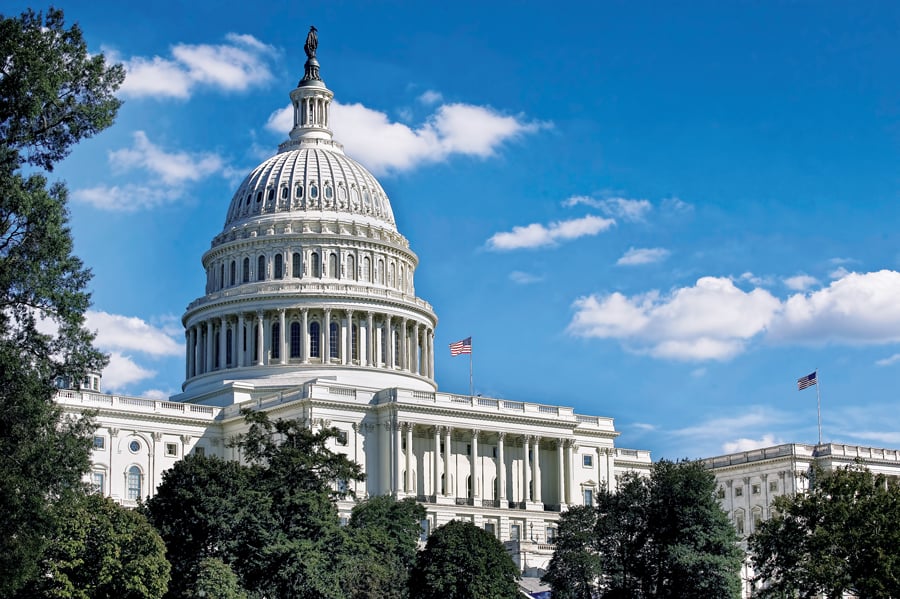

Older Americans would not have to make mandatory withdrawals from their retirement savings accounts this year under Senate legislation designed to revive an economy devastated by the COVID-19 pandemic.
Nearly a week after the initial version of the bill was introduced, Senate Democrats and Republicans, as well as the Trump administration, agreed Wednesday on a final bill that is estimated to total about $2 trillion.
The massive measure gives direct payments to individuals, boosts unemployment insurance, provides tax relief to businesses – including a deferral of the employer portion of Social Security payroll taxes -- bolsters health care infrastructure and provides student loan relief, among other provisions, according to a summary released by the Senate Finance Committee.
The stimulus package makes several changes to retirement savings policy that allow participants to access cash for emergencies. Similar steps have been taken in the past in response to hurricanes and other natural disasters.
The final bill maintains a provision from the original that would waive the 10% penalty on early withdrawals from retirement plans for people who have been impacted by the coronavirus. Another provision would increase the ceiling on loans against a retirement plan to $100,000 or 100% of a plan, whichever is smaller.
A new provision included in the final bill would waive required minimum distributions this year for certain 401(k) and individual retirement accounts, allowing plan participants to keep money in the plans rather than taking it out in a market hammered by the coronavirus. The distributions would have been required for those 72 and older.
“For people who have retirement savings and find themselves in a difficult position, these provisions do a very good job of providing them flexibility and another resource to ensure that they can pay their bills and keep their household going,” said Chris Spence, managing director for federal government relations at TIAA.
The Senate bill would provide “targeted access to retirement accounts for those hit hard by the health crisis,” the Insured Retirement Institute said in a statement. “’The provisions offer workers a safety valve to address immediate needs and are appropriately targeted to ensure that workers do not harm their ability to prepare for future retirement income needs.”
The Senate was expected to vote on the bill Wednesday, while the House will take it up later in the week.

Relationships are key to our business but advisors are often slow to engage in specific activities designed to foster them.

Whichever path you go down, act now while you're still in control.

Pro-bitcoin professionals, however, say the cryptocurrency has ushered in change.

“LPL has evolved significantly over the last decade and still wants to scale up,” says one industry executive.

Survey findings from the Nationwide Retirement Institute offers pearls of planning wisdom from 60- to 65-year-olds, as well as insights into concerns.
Streamline your outreach with Aidentified's AI-driven solutions
This season’s market volatility: Positioning for rate relief, income growth and the AI rebound
